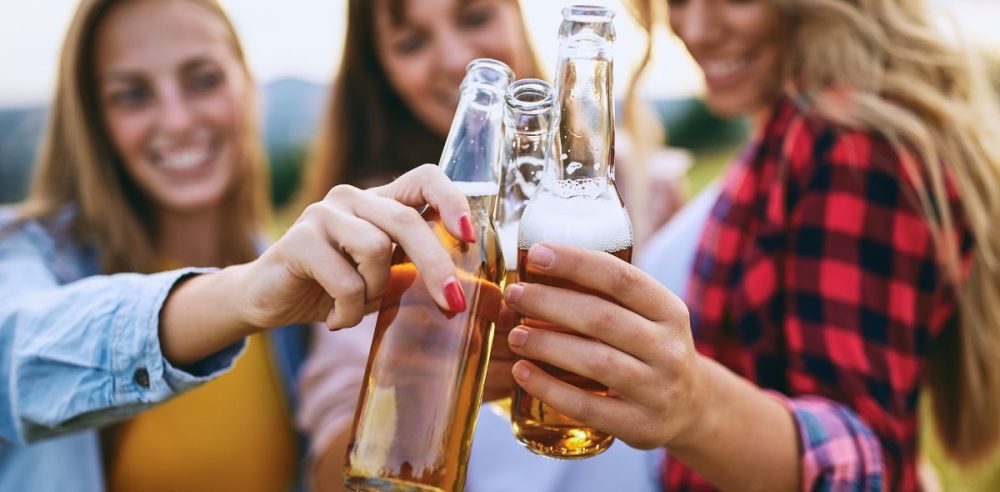A liver transplant specialist from Colorado says a growing number of young Americans are drinking enough alcohol to result in the need for a liver transplant.
Dr. James Burton, professor of medicine and gastroenterology at the University of Colorado School of Medicine, says while it used to be mostly men in their 50s and 60s that were found in need of a liver transplant resulting from alcohol consumption, increasingly, it is younger people and particularly women.
“We started seeing not only more women, but [more] younger women in their 20s and 30s. I had never seen young women need liver transplants at that age — and that is not unique to us. That is a problem across America,” Burton told Fox News.
Dr. Burton is not the first to notice this trend.
A report published in Clinical Gastroenterology and Hepatology in March 2022 found that the rate of deaths linked to cirrhosis of the liver has been rising among people ages 25 to 34. The report also noted the particular uptick being seen among young women.
Burton says some patients need alcohol-related liver transplants even in their early 20s, a result of starting to drink alcohol as a teenager. Almost half of all liver transplant surgeries, says Burton, are driven by the results of alcohol consumption.
“There are people who maybe don’t drink every day, but they drink heavily on the weekends — and maybe have eight to 10 drinks. That’s equally bad,” said Burton.
According to the doctor, the COVID-19 lockdowns made the issue worse, with people stuck at home drinking too much.
Emma Lillibridge, 31, was shocked to discover she needed a liver transplant after feeling unwell and going to the hospital with an illness. She was eventually told she required surgery, the consequence of heavy drinking at a younger age.
“I had no idea what I was walking into. I went into the hospital thinking I had pneumonia and left with a new liver five weeks later,” Lillibridge said.
“In a brewery, I worked behind the scenes too, like in the actual brew house, brewing beer… So it wasn’t uncommon for me during a shift, people walking up saying, ‘Do a beer shot with me.’”
Now, says Lillibridge, she wants to warn others who might not appreciate the risk.
“I really think that people don’t recognize how normalized heavy drinking has become in our culture, so they don’t see that they have a problem until they really take a look,” she said.


